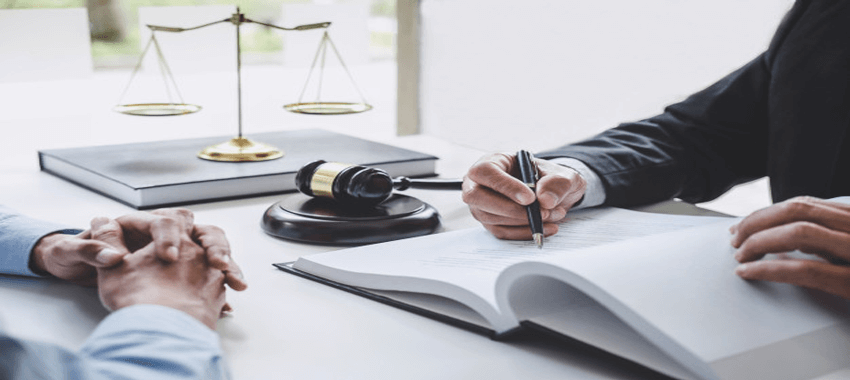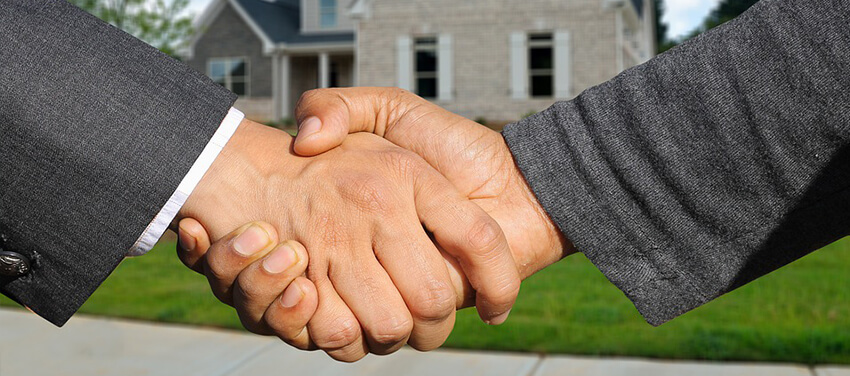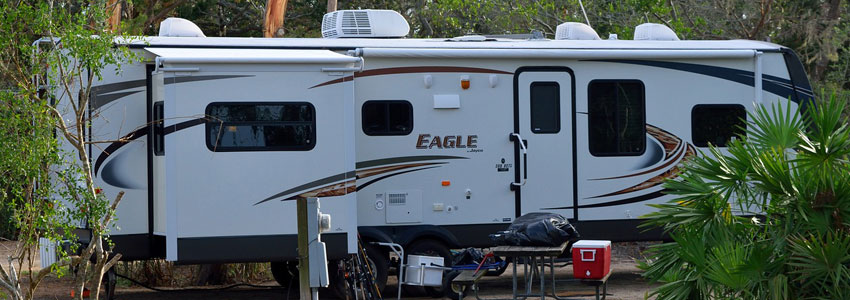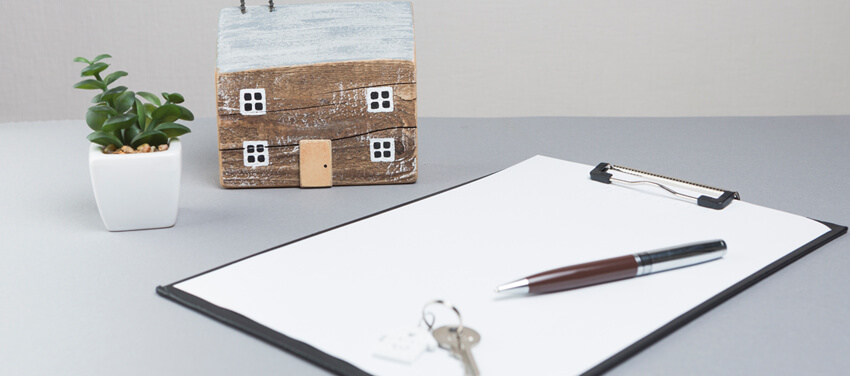What is Tenure?
What is tenure? The term tenure refers to the various ways that you can own a property. Typically it can be freehold, leasehold, or leasehold with a share of the freehold.
This guide will look at each type of housing tenure meaning, discuss the pros and cons and explain the difference between freehold and leasehold.
It will look at how having a freehold or leasehold tenure can affect the purchase price of the property as well as how it affects selling and maintaining it.
It also covers leaseholders rights and obligations and offers some advice with regards common disputes between freeholders and leaseholders.
What is Freehold?
Freehold tenure is where the owner of the property owns it outright, including the land it’s built on. Your name is in the land registry as the freeholder and you will own the title absolute. Most houses are freehold and this is usually the best option. However, occasionally houses might be leasehold so it is worth checking with the estate agent.
Benefits of having a Freehold Property
- You own the property outright, so you have no lease that dictates terms of ownership
- You don’t have to deal with a freeholder (a landlord) because you are the freeholder!
- You don’t have to pay ground rent, service charges or other landlord charges.
Possible Disadvantages of having a Freehold Property
- As a freeholder, you are responsible for maintaining your property and the land yourself which could be costly depending on the size of your plot.
Owning a share of a freehold
What does share of freehold mean?
You can club together with other leaseholders and all agree to buy a share of the freehold from the landlord. For example, if you live in a block of flats, you might decide to purchase the freehold between you so that you have the right to manage the block yourselves and have more control over your homes and the associated costs to maintain them.
To purchase the freehold as a group, you will need at least half of the leaseholders to buy a share. It can be expensive to buy a freehold however, and you will need to find a managing agent to manage the building or you can set up a company yourself. For more information about buying a share of the freehold see The Leasehold Advisory Service website.
Commonhold Properties
Commonhold ownership is a type of freehold ownership. It helps flat owners acquire full ownership of their property, instead of having it on a lease. With commonhold properties, people within a block of flats club together to form a company called a Commonhold Association which then owns the building. If you need more information about this type of tenure you can visit the Government website GOV.UK
What is Leasehold?
With a leasehold tenure, you have a long term lease to use the home for a certain number of years. The leaseholder has a contract with the freeholder (the landlord) which sets down the legal responsibilities of both freeholder and leaseholder. Leases can be up to 999 years, however, it is common for many flats to have a starting lease of around 125 years from new.
When a lease ends, the ownership returns to the freeholder unless the lease is extended. Leasehold applies to most flats and maisonettes in England and Wales. In Scotland, leasehold properties are less common.
Benefits of having a Leasehold Property
- There is less responsibility with this tenure type because the freeholder has to maintain the common parts of the building which can include entrance area, staircases, lifts, exterior walls, roofs and gardens.
Disadvantages of having a Leasehold Property
If you want to make any changes and do any work to your property, you will usually need to seek permission from the freeholder.
You may face other restrictions such as not being able to sublet or not being allowed to own a pet.
As a lease decreases in length the property value begins to diminish.
Costs involved with having a Leasehold Property
There are maintenance fees, annual service charges and a share of insurance costs.
There is usually an annual ground rate fee to pay.
It’s important to be aware that if you don’t fulfil the terms of the lease such as paying annual fees or ground rate then the lease can become forfeit and taken away from you so it is important to make sure you will be able to afford the annual charges if you are looking to become a leaseholder.
Leaseholder Rights and Obligations

Individual leases contain different terms and there isn’t a standard template. However, most leases will include the following rights and obligations, as outlined by The Leaseholder Association.
Leaseholders’ rights:
- Peaceful enjoyment of the property;
- Reasonable access to the common parts of the building and/or grounds;
- Support, shelter and protection from the other parts of the building
- Access to all utilities and service media in respect of their own property;
- To have the common parts kept in a good state of repair and redecoration; and
- To benefit from services that are specified in the lease.
Leaseholders’ obligations:
- To pay ground rent
- To pay a proportion of the service charge, usually in advance of the accounting year;
- To contribute towards any reserve fund, either regularly, or at the time of re-sale or both;
- To keep their own flat in a good state of repair and decoration;
- To meet the cost of any damage they have caused to the common parts or grounds;
- To allow the landlord or manager access to the flat in respect of repairs or in emergencies;
- Not to use the flat for either commercial purposes or for unsuitable activities;
- Not to make excessive noise or cause nuisance to neighbours or visitors;
- Not to make structural alterations to the flat without the prior consent of the landlord; and
- Not to sublet the flat without the prior consent of the landlord;
What to do if you (as a Leaseholder) have a complaint
- Discuss your issue informally with other leaseholders in your building, ideally in person. If they are experiencing similar issues to you, you’ll be able to make a stronger case to the Freeholder together. Or you may find a Leaseholder who has already raised the issue and experienced a successful resolution. In which case, you can learn from their experience
- Try to resolve your issues directly with the Freeholder. Minor disputes can usually be resolved either face to face or in writing. If the Freeholder has a large portfolio of freeholds, they have likely appointed a management company, so you will need to contact them instead of the individual.
- If the Freeholder or managing company is not being reasonable, you can approach The Association of Residential Managing Agents (ARMA) which sets out minimum standards for its members and provides Leaseholders with legal help.
ARMA membership is voluntary so check to see if your Freeholder or managing company is a member at www.arma.org.uk.
Common Arguments between Leaseholders and Freeholders

Unfortunately, it is quite common to have disputes. Here are some of the main causes of tension.
- Service charge and fees are often the cause of a dispute, with Leaseholders feeling that they are being overcharged.
- Expensive building works – When a Freeholder makes repairs or improvements to the building, Leaseholders are expected to pay for them. This often leads to disputes, causing disagreement between the Leaseholder and the Freeholder or even amongst the Leaseholders themselves
- Refusal to carry out essential maintenance work – The Freeholder may disagree with the Leaseholder about maintenance to the building or to an individual flat that has been damaged.
- An insufficient standard of upkeep by the Freeholder, such as untidy or dirty common areas.
- Freeholders often complain that Leaseholders:
- Make too much noise.
- Don’t get permission for building works.
- Don’t pay their fees ontime.
- Don’t keep their property in a good condition.
Important Considerations with Leasehold Tenure
When looking to buy a leasehold property, there are a number of important considerations to take into account before you make your final decision.
How many years are remaining on the lease?
If there are less than 70-80 years remaining, you might struggle to get a mortgage because lenders will usually request you have a lease that runs for another 30 years beyond the end of your mortgage term. If you are selling a property with less than 70 years on the lease, it will be harder to sell, because the buyer will struggle to get a mortgage.
Extending the lease
If you have a short lease, you can ask to extend the lease at any time once you have owned your property for 2 years. The freeholder will charge you for an extension which will vary depending on your property. You will most likely need to use the services of a solicitor when looking at extending a lease.
You can find out more about extending the lease on the Government site GOV.UK
How you'll budget for service charges and related costs
As mentioned, you will have annual charges and costs to pay with a leasehold property, so you will need to factor this into your budgeting and consider carefully before you make a commitment to bu
Final considerations
It is important to have a clear understanding of what tenure is and the difference between freehold and leasehold, before you make a decision to buy a property. The value of your property and how easily it will sell is very much dependant on its tenure. If you need any further advice about tenure then please speak to one of our advisers.





